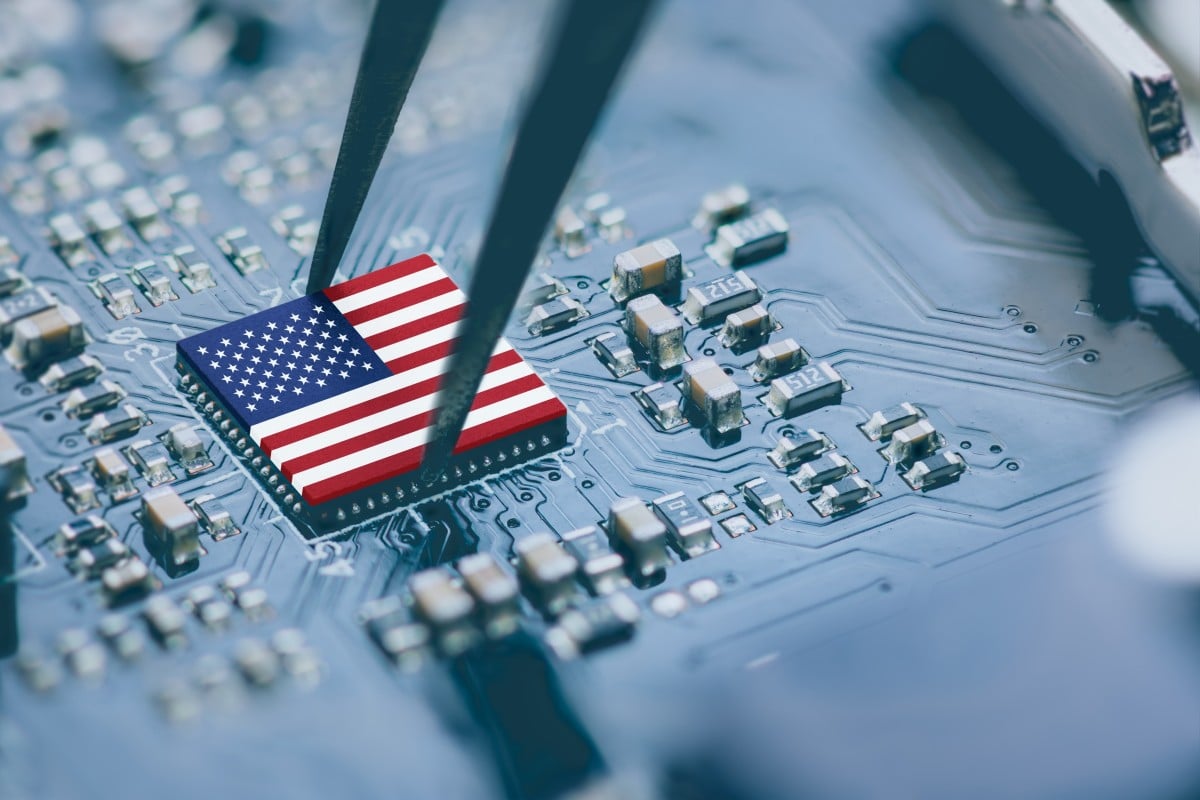According to China, the USA's US Chips Act violates the fair trade principles of the WTO and is discriminatory. The US law also brings more uncertainty.

According to China, the US Chips Act violates the principles of the fair market and contradicts the fair trade principles of the World Trade Organization (WTO). The law targets Beijing's own efforts to build a semiconductor industry. It aims to provide financial support to China's rivals and discriminates against China, Yu Xiekang, vice chairman of China Semiconductor Industry, said at an industry conference in Nanjing, without giving further details. Bloomberg reports on Friday.
China should continue to provide political support to its semiconductor industry to remove bottlenecks hampering technological breakthroughs, Yu said. "We strongly oppose the US restrictive measures against certain countries," Yu said. Hu Wenlong, vice president of Tongfu Microelectronics Co. -- one of China's largest companies specializing in packaging and testing integrated circuits -- has slammed the US $52 billion subsidy bill to boost US chipmakers, saying it only adds more uncertainty for the entire industry and China.
US Chips Act
The US chip law prohibits the expansion of advanced chip manufacturing to Chinese semiconductor manufacturers while claiming funds. The bill passed the House of Representatives last month and is already bearing fruit . In total, more than $200 billion worth of funds are available to the US law.
The US launched a campaign last year to curb China's chip-making ambitions, imposing increasingly stringent restrictions on the country's firms -- including restrictions on exports of American chip-making equipment.
Despite the restrictions, China may have advanced chip production technology by two generations, according to Bloomberg , but industry experts have expressed doubts about the progress.
China's inefficiency
According to critics, Beijing's top-down policy was enormously inefficient. Local media have reported on companies with little experience that have received grants for research where local interests and political standing are said to have been primarily motivated, Bloomberg further reports. China's leaders are increasingly frustrated by years of failure to develop semiconductors to replace US chips despite more than $100 billion available.
"With the challenges ahead, government, business, finance, investment firms and academia should work more closely together to achieve technological breakthroughs," Huer said at the conference.







